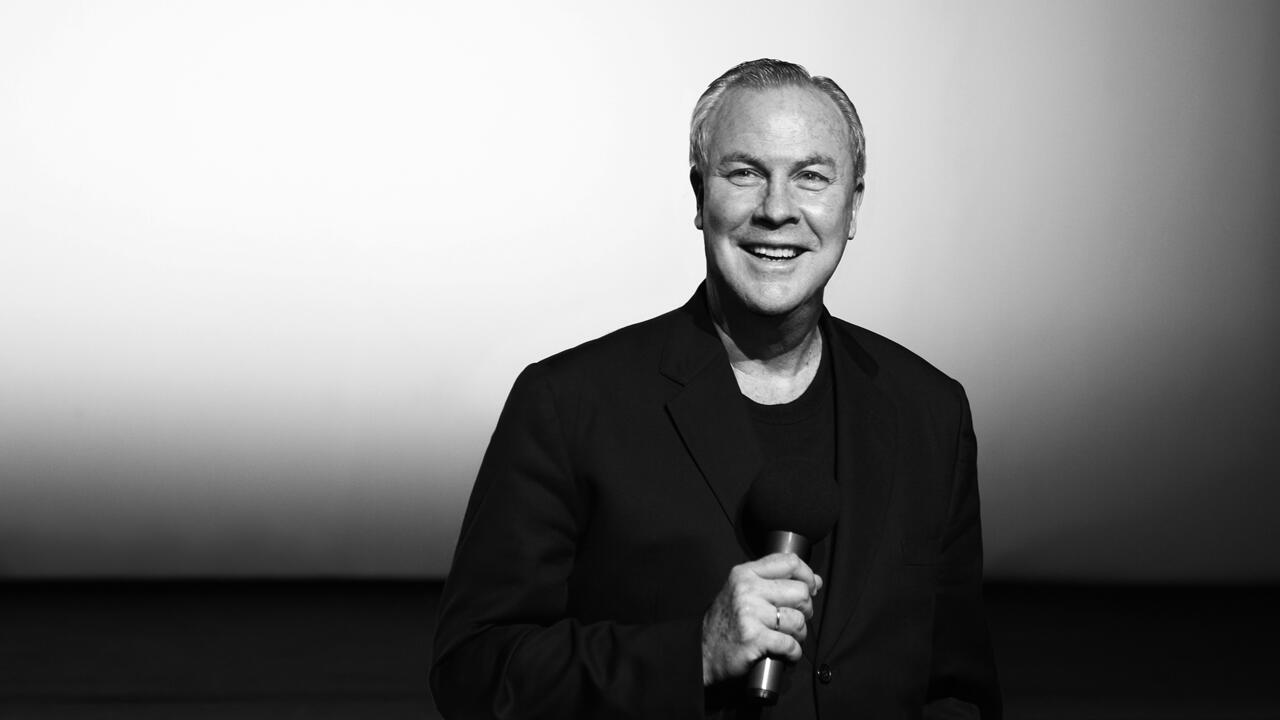Nan Goldin’s Addictions, Losses and Enduring Friendships
The photographer’s most recent film candidly documents her personal journey
The photographer’s most recent film candidly documents her personal journey

Nan Goldin’s Memory Lost opens with Super-8 film of beautiful, young people dancing, having fun, while Eartha Kitt sings about ‘unspoiled gender’ and ‘being pure [...] not wanting to be chased’. No, Kitt sings, ‘I want to go to the devil; I want to be evil.’
In the 1980s in New York, heroin and coke fuelled parties, clubs, minds. Fashion photographs of the 1990s portrayed stoned models in images called ‘heroin chic’. Fun didn’t last long: too many overdoses, and the AIDS epidemic’s onslaught of death.
In Goldin’s first major work, The Ballad of Sexual Dependency (1982–2022), she declared her commitment to an unabashedly autobiographical project, culling images from her life. Goldin would add more photographs to the series, and, with fame, new interiors, hotel rooms, landscapes, yet always many of the same faces, reliable, often troubled friends who are, in the worst of times, her lifelines.

Memory Lost recalls the all-night parties of The Ballad of Sexual Dependency; Goldin’s addiction; rehabs; friends’ anguish and deaths. It moves from pristine shot to blurred image, every frame a memory. Goldin may not remember as much as she once did, but the photographs do.
Memory Lost’s visual pleasures abound, though sadness permeates the film. Its superb soundtrack tenderly heightens every passage of time and place.
Sporadically, there are recorded voices, old phone messages. A dealer says, ‘I am here. I’ve got all you wanted.’ A friend says, ‘I hope I get better.’ Goldin asks, in a tortured voice, ‘Why am I in a hospital?’ A friend tells her she was found unconscious on a sidewalk.

The film ends at the beginning, when everyone is young and healthy, Goldin’s paradise lost. Maybe they all wanted to be evil, but they weren’t. They were just fucked-up. That ongoing Judeo-Christian fiction, good and evil, shows no compassion for our flawed species. If ‘evil’ existed, Goldin recognized, in the 2000s it was legal, prescription drugs, and she organized Prescription Addiction Intervention Now (P.A.I.N.) to denounce the profiteering dealers of those deadly opioids.
Nan Goldin survived her addictions and cherishes the memory of her friends who didn’t. Memory Lost is her testament: The grand drama of life is surviving it.
This article first appeared in frieze issue 238 with the headline ‘Beyond Good and Evil’
Nan Goldin's ‘This Will Not End Well’ is on view at Stedelijk Museum, Amsterdam and Gagosian, New York from 7 October until 28 January 2024
Main image: Nan Goldin, Memory Lost, 2019–21, featuring The crowd, Paternò, 2004. Courtesy: © Nan Goldin

























